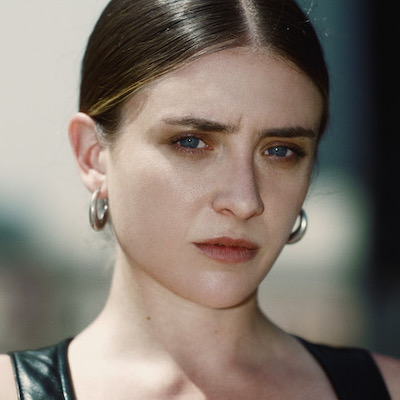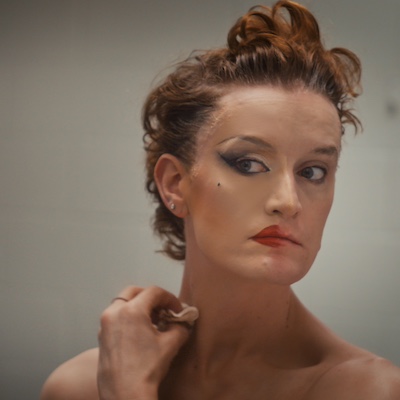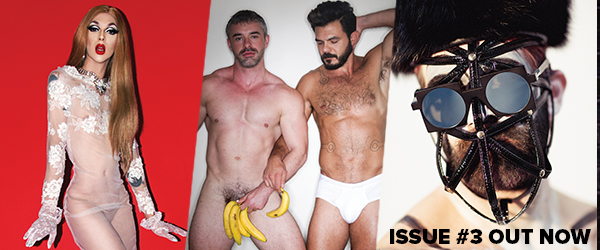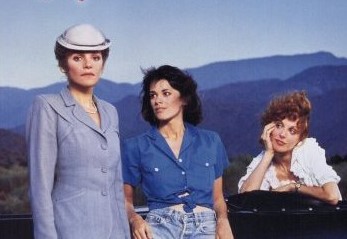
"Oprah, Deitch tells us, is the best boss ever"
This year BFI Flare screened some well loved classics and Loverboy fell in love with them all over again. Fallon Gold rekindled her love for Desert Hearts and swooned at the cool genius of its director Donna Deitch.
As queer kids and younglings we often have to search for representations of ourselves where we are forced to take what we can get no matter how tragic and doomed that depiction. For queers of a certain age this was far more the case than it is – thankfully – now. But this search is why we tend to have an affection for films that don’t exactly inspire an optimistic view of our futures. So we develop a – somewhat camp – fondness for films like The Children’s Hour (blub!) and The Killing Of Sister George.
Despite now having more positive stories told, we still get the doomed and tragic slipping in (Brokeback Mountain, we’re looking at you… blub!) but of course we need a mixture of these narratives because all sunshine and roses wouldn’t be a very accurate depiction of life anyway.
Way back in the 80s, in that climate of censorship, repression, AIDS fear and fear-mongering, a small crop of films appeared that not only told much more recognizable stories but were often complex, inspiring, exhilarating, or just a queer version of a straight tale without making a massive deal about it. In the story anyway, because such wonders are always going to be a big deal to us.
As a queer woman of a certain age this Loverboy certainly remembers the first time she saw the Donna Deitch directed movie Desert Hearts. Just the title! But then I have a massive penchant for sappy dramas. I was obsessed. I loved it so much I tracked down the book by Jane Rule that it was adapted from – Desert Of The Heart (we can’t decide which is the better title!). The film is a great version but the book is hotter tbh.

Desert Hearts is now 31 years old and the BFI invited Donna Deitch to talk to filmmakers about how it was to make such a film way back then. Deitch said she wanted to make the film she wanted to see – a lesbian love story where there isn’t a suicide or bisexual love triangle. When Deitch read the book she found the story she’d been looking for and bought the rights. Setting out on an analogue kickstarter-style fundraising campaign (holding investor’s parties across the US over three years) she eventually had the money, a killer crew, all she needed were the actors.
Having no hope of getting a ‘known quantity’ to star in Desert Hearts, Deitch soon realized that even unknown actors were being told not to go near the film. Those who would have been cast in straight roles were warned that it would be damaging to their career. Deitch argued that it’s different now, that after Brokeback Mountain playing queer became award fodder in the same way as disability, terminal illness and weight gain or loss for a role. Loverboy isn’t so sure though; we still hear the stories that most (star) actors are told not to play gay for fear of being tainted with the queer smear. But it is undoubtedly different now to the time of Desert Hearts.
Whether it was that Desert Hearts as a story and a film was groundbreaking or if it was the particular creative, political, cultural climate of that time, a whole schlew of amazing lesbian films followed in the 80s. Honorable mention should go to two Loverboy faves: I’ve Heard the Mermaids Singing and She Must Be Seeing Things (both 1987). These were different tales, not necessarily pat love stories. Mermaids is quirky, surreal and wonderful, about art and an unrequited love. Seeing Things has an already established lesbian relationship at its centre, something unusual at the time. And one that is complex and precarious, not an earth-mother utopia on the sidelines as is still often the case in fiction.
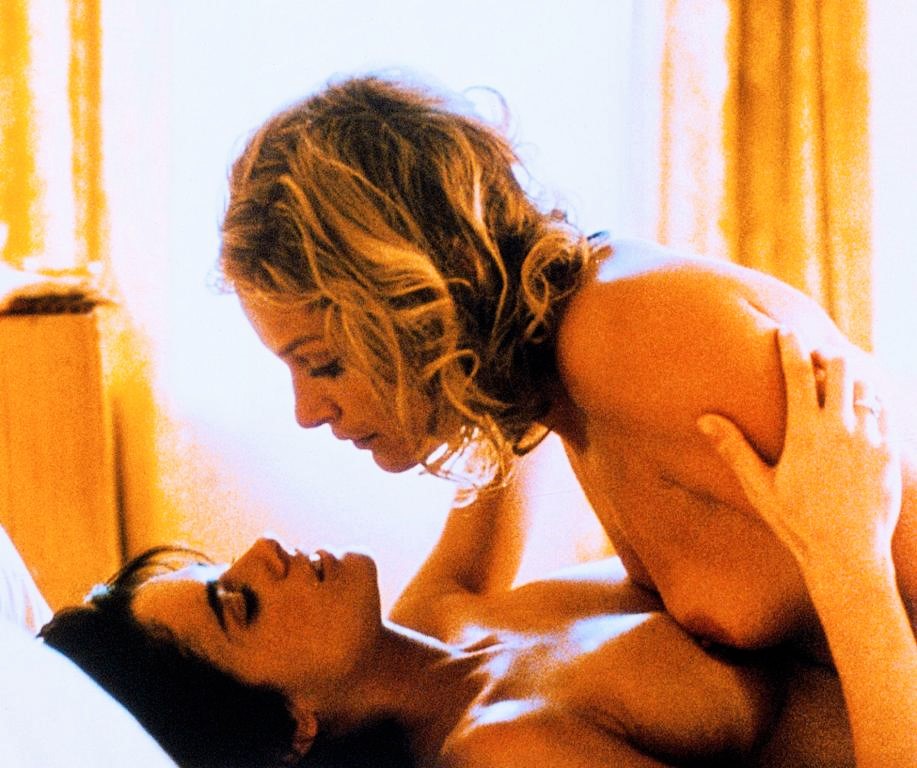
In the three decades since Desert Hearts, Deitch has been prolific. Though not in the world of feature films, but in directing television. There may be less than 3% of women identified directors in Hollywood but this is not the case for the TV industry. The reason, Deitch soberly tell us, is that there are 400 weekly hours of hourly TV drama alone to cover and out of necessity the studios are hiring women and queers to do those jobs. She hints at some of the horrors of the industry (as an out queer woman she has not been on the receiving end of some of the ‘awful behavior’ she witnesses other women enduring). But although she feels like just a jobbing hired hand in TV she fell into this long career because of Desert Hearts. After seeing the film Oprah asked her to direct the mini-series of The Women Of Brewster Place because it has a lesbian couple at the centre of the story. Oprah, Deitch tells us, is the best boss ever. As is Shonda Rhimes who Deitch has worked for on her multitude of hit shows.
Emma Smart, talking with Deitch for the BFI event, pointed out that from the evidence of the director’s showreel, Donna Deitch films sex and raunch very well. ‘Well, I love it!’ Deitch exclaimed. And it was those sex scenes – kissing through a car window in the torrential rain, sex in bed that wasn’t obscurely depicting how women fuck but was hot for once – as well as the love story at its centre, that made Desert Hearts such a groundbreaking, soul-stealing, enduring cultural moment for queer identified women then and for decades to come.




